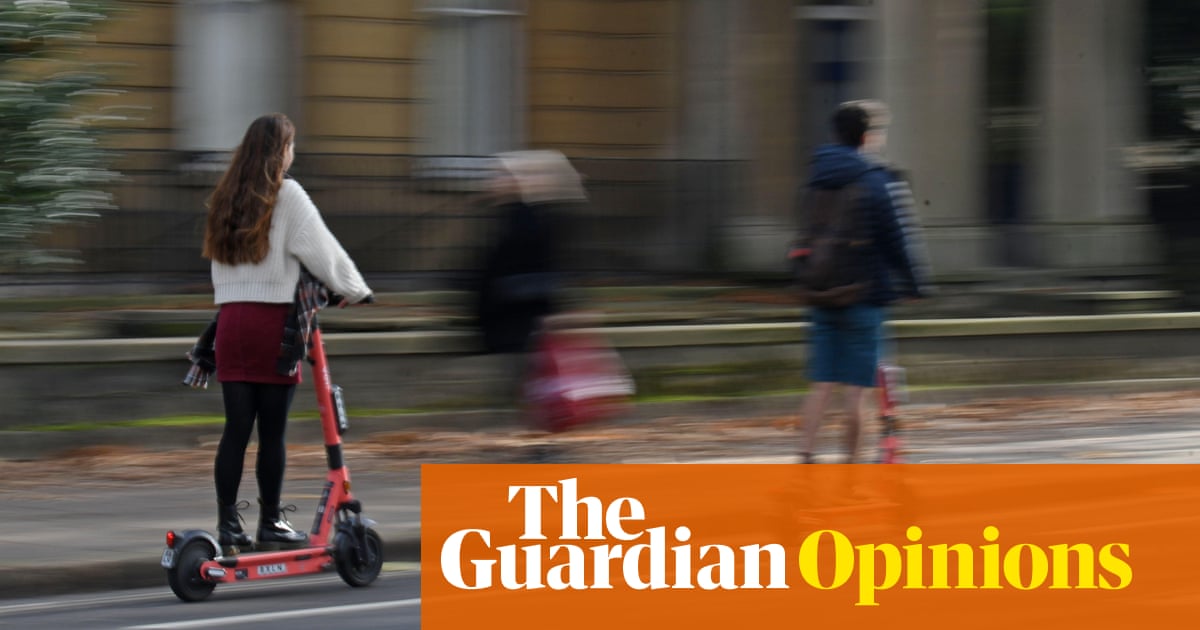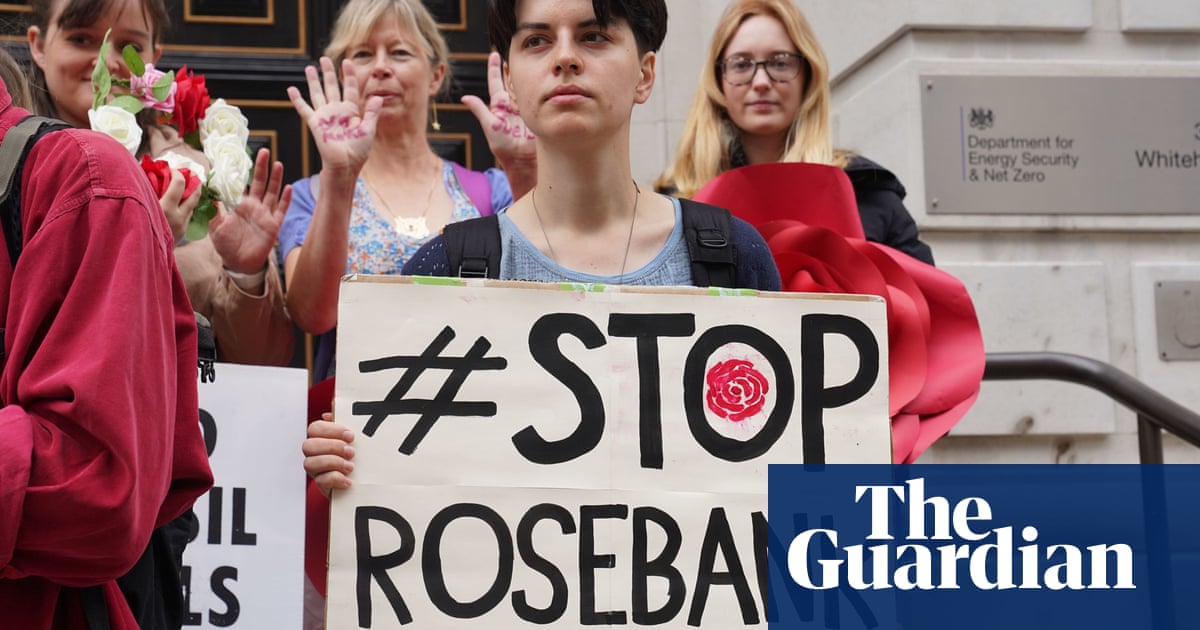
Rental e-scooters will be legal on UK streets from Saturday, the government has announced, in a move to improve the availability of coronavirus-proof alternatives to public transport.
But privately owned scooters, widely sold and used across the UK, will remain illegal, the government has said, due to the difficulty of regulating the devices, and the requirement on the part of scooter hire firms to provide insurance for riders.
The move is a rapid acceleration of a plan, first announced in March, that would have initially seen scooters allowed in only four “future transport zones”: Portsmouth and Southampton, the West of England Combined Authority (WECA), Derby and Nottingham, and the West Midlands.
The coronavirus crisis forced the government to speed up the pace of change. Local authorities will now be able to set up their own trials in coordination with private companies. The legislation comes with limitations: a cap on max speeds, and a recommendation, though not a requirement, to wear a helmet.
The transport minister, Rachel Maclean, said: “As we emerge from lockdown, we have a unique opportunity in transport to build back in a greener, more sustainable way that could lead to cleaner air and healthier communities across Great Britain.
“E-scooters may offer the potential for convenient, clean and cost-effective travel that may also help ease the burden on the transport network, provide another green alternative to get around, and allow for social distancing. The trials will allow us to test whether they do these things.”
One of the suppliers will be Bird, a Santa Monica-based rental firm. The company launched a trial service in London’s Olympic park in 2018, taking advantage of the fact that e-scooters were, and are, legal on private land with the landowner’s permission.
“When we launched the UK’s first and only scooter service in the Queen Elizabeth Olympic Park in 2018, it was with the ambition of one day being able to trial our service in towns and cities,” said Patrick Studener, head of Bird. “This day has arrived, and shortly the whole of the UK will be able to benefit from having a greener and more convenient alternative to cars. Decreasing car trips will reduce congestion and air pollution and make our towns and cities more livable for everyone.”
But the scooters have proved controversial. Campaigners claim they pose a risk to riders and pedestrians, particularly since, unlike bicycles, they tend to be ridden more fluidly between pavement and road. Ben Pepper, associate at the law firm Bolt Burdon Kemp, said: “There are features of e-scooters that arguably make them more dangerous to ride than bicycles. They have smaller wheels and they are capable of reaching high speeds with no human effort whatsoever.”
The rental model, in which e-scooters are left on city streets where they can be unlocked with an app and paid for by the minute, has also been criticised. Without dedicated docks to keep them in, the scooters are often left on the pavement, blocking footpaths for pedestrians, and making it difficult to manoeuvre wheelchairs or prams around them.
Scooter companies argue the antisocial behaviour of some users can be mitigated – some apps, for instance, require users to post a picture of where they have left their scooter – and say that the transformative possibilities for public transport should not be underestimated.












